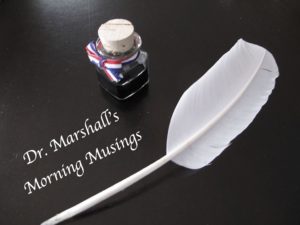Adolescence and the Fear of Failure
So this morning I stumble across two articles about adolescence, one by Kenneth Ginsburg, M.D. and one by Linda Olszewski, Ph.D. I was curious about what these authors had to say, because I co-authored a book about teenagers a few years ago (The Middle School Mind) and I wanted to see what, if anything, had changed in the past three years. What struck me about their articles was their calm, patient, and relaxed tone.
The title of Dr. Olszewski’s article is “Adolescence: A Continuum of Growth.” In it, she asks that parents and teachers put aside their own anger and personal frustrations and think about the many changes that teenagers are trying to manage. Their bodies are changing, their brains are flooded with what I refer to as a tsunami of hormones that, literally, make them “crazy.” They are trying to manage a social life dominated by social media that they can barely keep up with (and about which parents have not a clue). And they are struggling to make the transition from the relatively safe zone of elementary school to the rough and tumble of middle school and high school where it is up to students to produce work for teachers who may not even know their names. Dr. Olszewski simply (and wisely) asks that we remember all the transitions that are occurring during the teen years. Yes, teenagers can be moody and difficult, but they still need our help, our support, and our understanding as they navigate the turbulence of adolescence.
Dr. Ginsberg’s article in titled “Adolescence: Designed for Failure, Recovery, and Growth.” Early in the article, he writes, “I am grateful for all the opportunities for failure I had earlier in my life. They gave me the gift of self-awareness. They taught me my strengths as well.” He sees adolescence as a time to prepare us for the realities of the real world where things don’t always turn out as we plan. And if our children don’t learn how to handle failure and disappointment in adolescence, when will they? When will they learn that success often follows multiple failures? Like us, Dr. Ginsberg is worried that we are raising children to believe that “failure is something to be avoided at all costs;” that getting an A- or a B+ is going to ruin their hopes and dreams. Adolescence is no time to instill a fear of failure; rather, it should be a time to explore, to experiment, to test our limits, and to discover our strengths. Parents must help their teenagers develop the courage to fail and not wrap them in the cocoon of serial success.

About the author